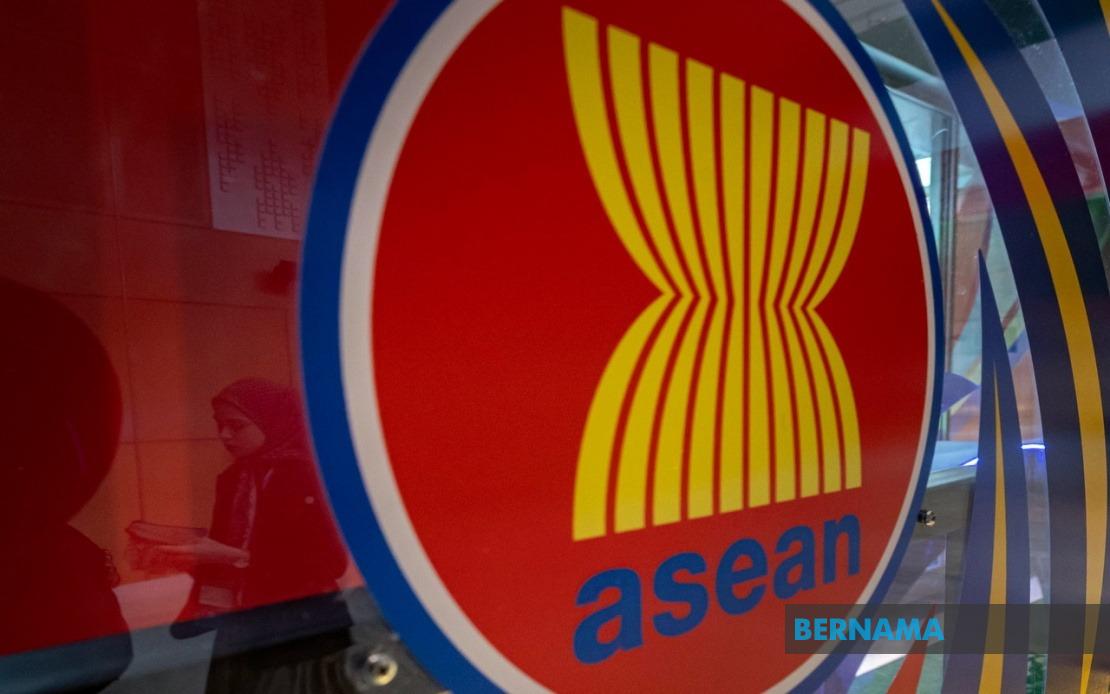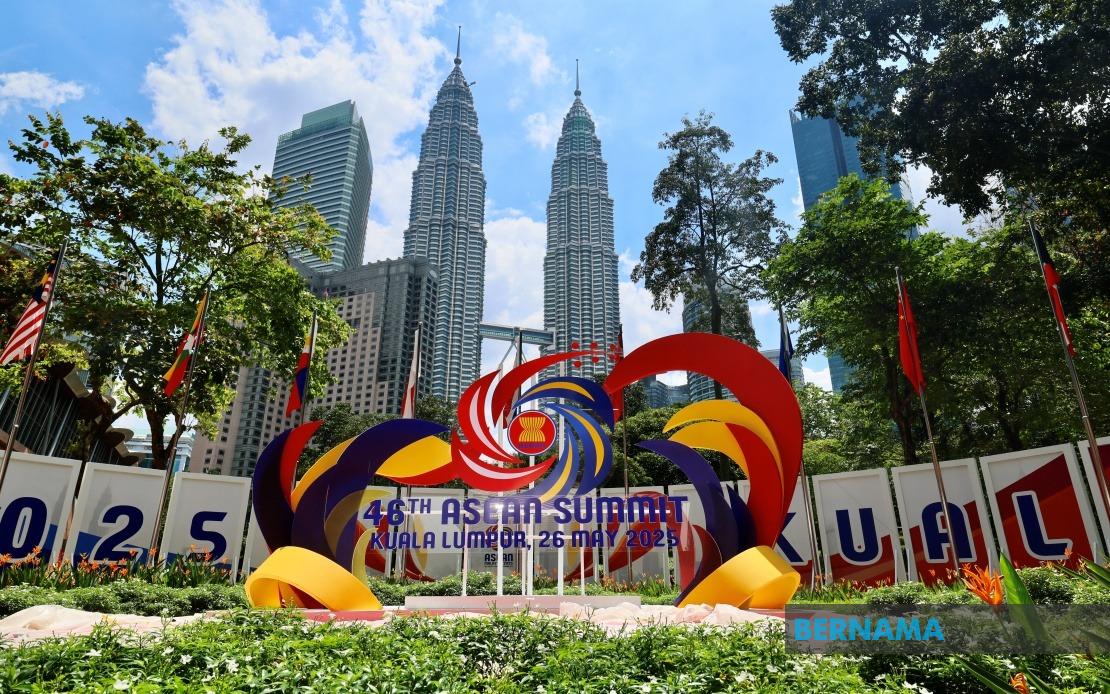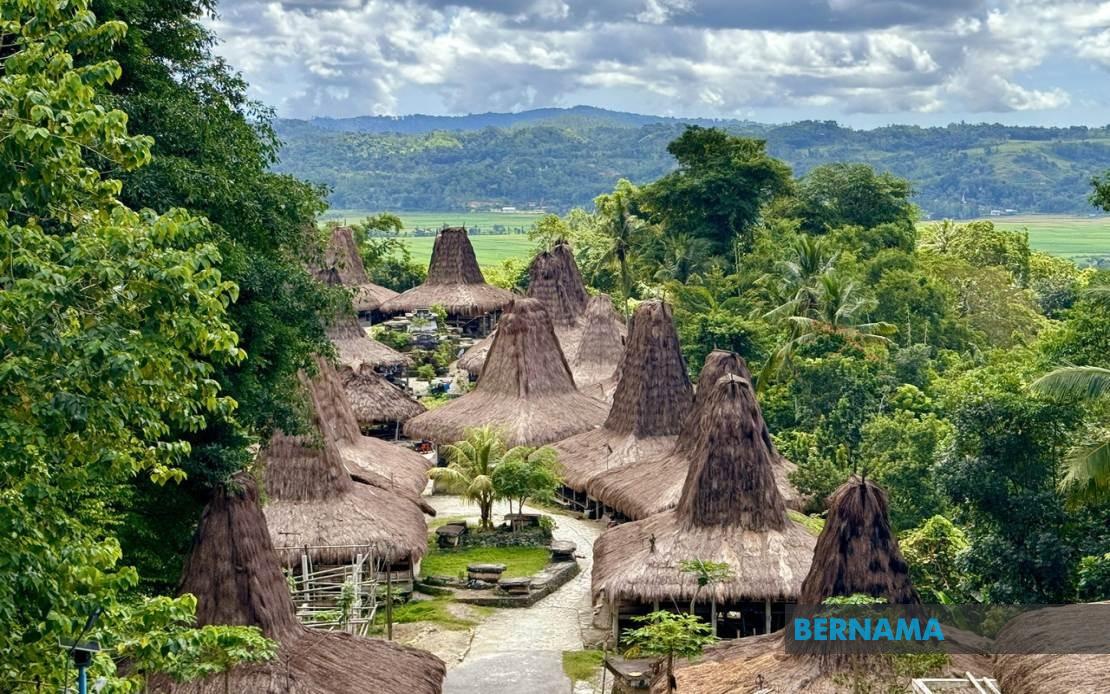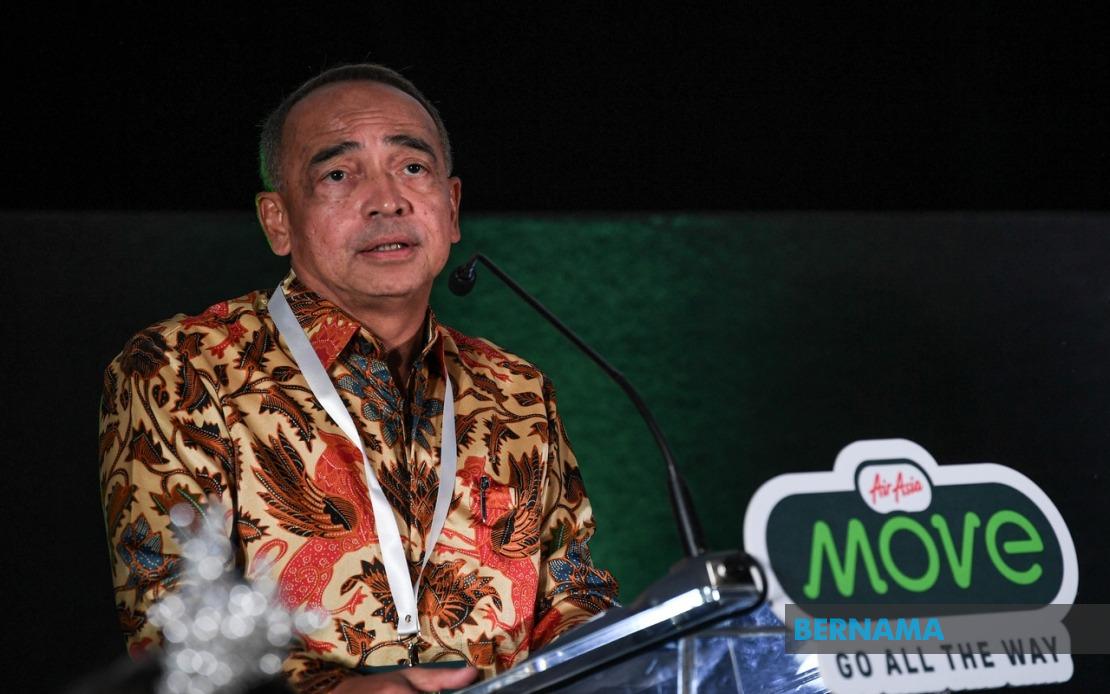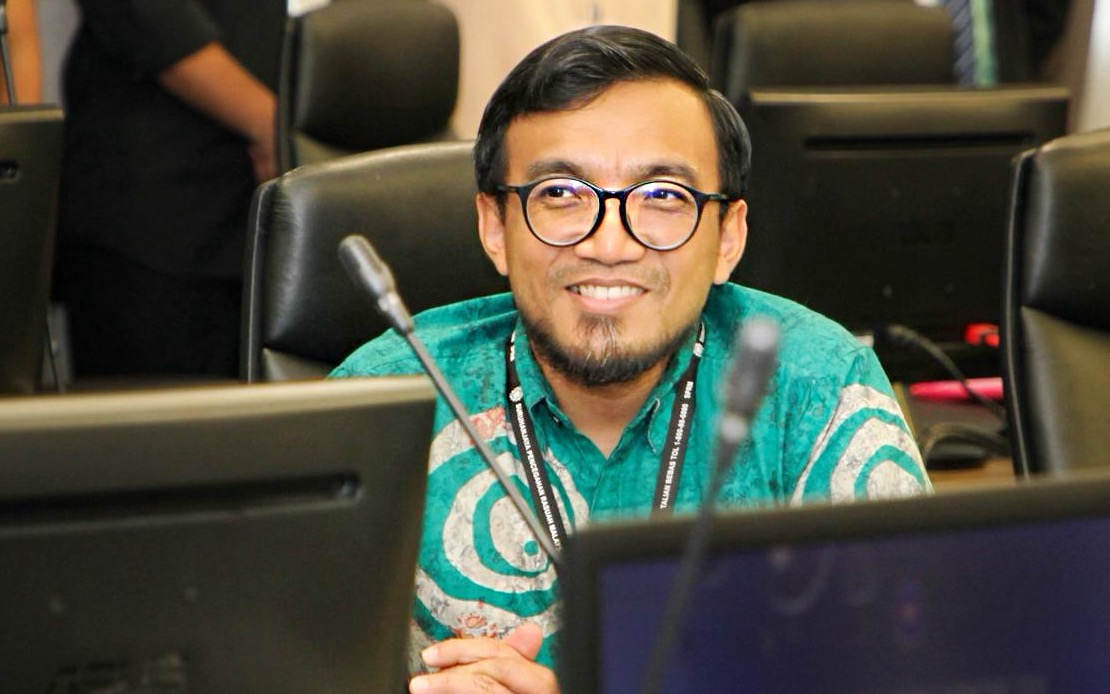ISLAM AND CONFUCIANISM CAN BE KNOWN THROUGH THE ASEAN-GCC-CHINA RAPPROCHEMENT
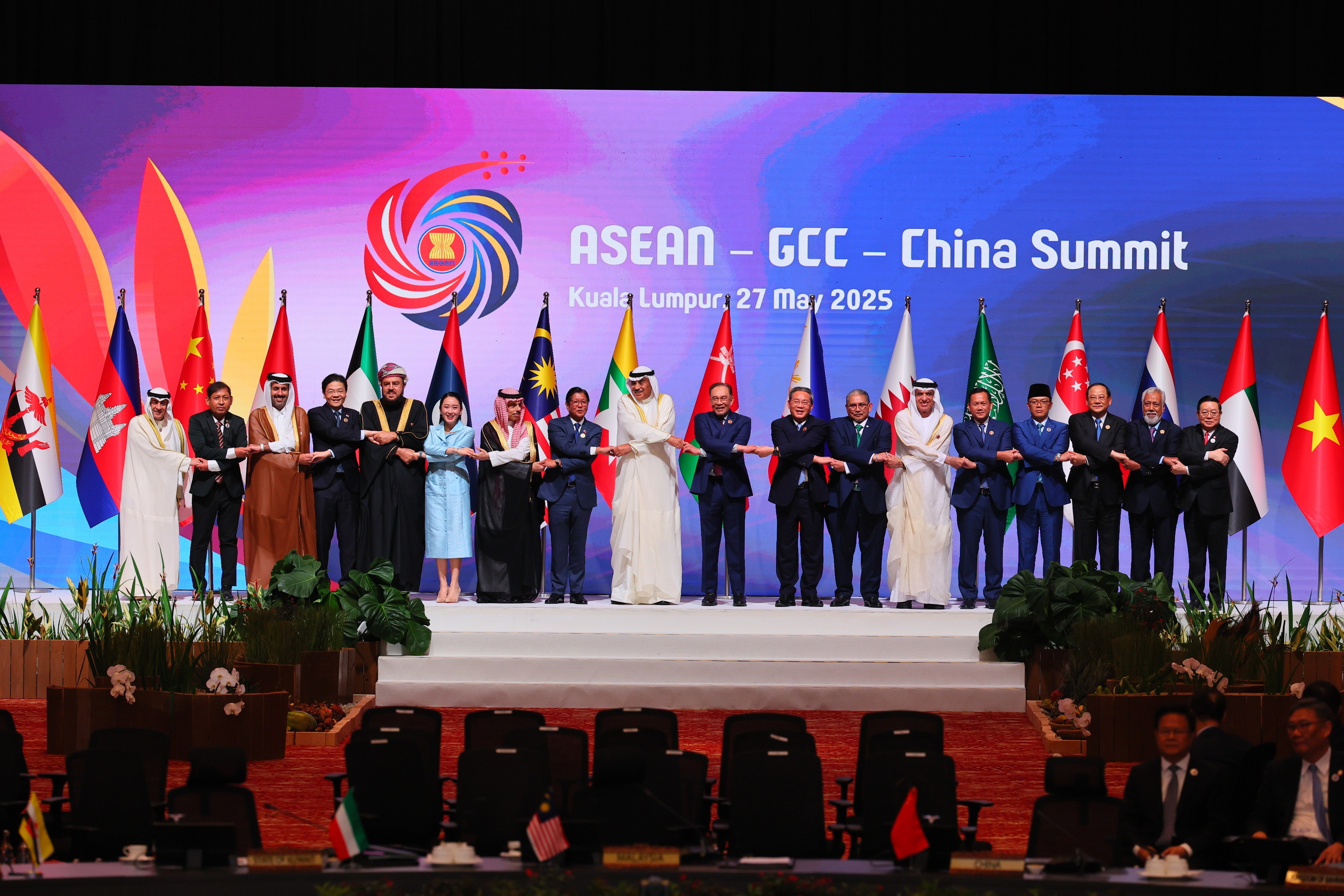
By Prof Osman Bakar and Prof Phar Kim Beng
In a world increasingly divided by ideology, nationalism, and competing global orders, the recent ASEAN-GCC-China Summit held in Kuala Lumpur may appear at first glance to be a pragmatic, even transactional, diplomatic gathering.
Yet beneath its surface lies the seeds of a deeper civilisational convergence – between Islam and Confucianism, two of the world’s most enduring moral and intellectual traditions. We say deeper because civilisational convergence between Islam and Confucianism is not a recent discovery. It has been observed a few times before during their long historical encounters.
The Global South has long been searching for a new architecture of dialogue – not one imposed from outside, but one born of its own intellectual heritages and spiritual values. The trilateral meeting of ASEAN, the Gulf Cooperation Council (GCC), and China offers precisely such an opportunity: a platform not only for geopolitical realignment, but for civilisational rapprochement.
Civilisations, not just states
What is often overlooked in the discourse on global diplomacy is that civilisations, not just states, underpin the way peoples relate to each other. While ASEAN and the GCC may function as regional groupings, they each draw from rich civilisational traditions – Islamic in the case of the GCC and much of ASEAN; Confucian and Taoist in the case of China.
This shared presence of spiritual, ethical, and philosophical frameworks allows for a civilisational dialogue far deeper than conventional statecraft. Indeed, it is no coincidence that Malaysia, a Muslim-majority nation with deep historical ties to Chinese civilisation, became the natural convener of such a summit in 2025.
Under Prime Minister Datuk Seri Anwar Ibrahim’s chairmanship of ASEAN, and with Malaysia’s explicit embrace of China’s Global Civilisation Initiative, the Kuala Lumpur Summit transcended mere economic coordination. It marked the beginning of a values-based international engagement, shaped by civilisations that have long valued harmony, moderation (wasatiyyah), and moral governance.
Islam and Confucianism: a quiet resonance
The Islamic and Confucian traditions share more than many assume. Both uphold the primacy of knowledge and learning in civilisational development, importance of ethical leadership, where the ruler is accountable not merely to law or power, but to a moral order grounded in the cosmos. Both emphasise education as moral cultivation, not merely technical training. And both see society as a community of responsibility, not just individual rights.
In Islam, the Qur’anic ideal of khilafah (stewardship) and the Prophetic tradition of syura (consultation) establish a political theology rooted in justice, mercy, and accountability. In Confucianism, the concept of junzi (the superior moral person) and li (ritual propriety) create a framework for harmonious governance and relational ethics.
These concepts have historically guided empires, scholars, and communities from the Abbasid caliphate to the Song Dynasty. In today’s fractured world, they can serve as common moral ground for diplomacy, development, and peacebuilding.
ASEAN-GCC-China: from geopolitics to geocivilisational dialogue
The ASEAN-GCC-China format is often seen through the lens of trade flows, energy security, and investment. But it can evolve into something far more consequential: a civilisational platform that nurtures a deeper solidarity within the Global South.
For ASEAN, this means going beyond neutrality and embracing its unique role as a cultural and civilisational bridge between East Asia and the Muslim world.
For the GCC, it means extending beyond oil diplomacy into intellectual and ethical partnerships that reflect Islam’s universal values.
For China, it is an opportunity to demonstrate that its rise need not be interpreted through power projection alone, but through civilisational humility and engagement.
Track 1.5 and Track 2 dialogues can now be launched under the umbrella of this trilateral format, focusing on shared civilisational values in education, governance, climate ethics, and digital cooperation. This would allow for sustained conversations among scholars, youth, and policymakers grounded in the teachings of the Qur’an and the Analects and the Great Learning of Confucius.
From declaration to institutionalisation
Of course, the summit alone is not sufficient. Without institutional follow-up, its potential will dissipate into diplomatic forgetfulness. The next steps should include:
1. Establishing the ASEAN-GCC-China Civilisational Dialogue Forum, rotating annually across the three regions, involving universities, think tanks, and cultural institutions.
2. Creating Confucian-Islamic research chairs in universities across Kuala Lumpur, Doha, and Beijing.
3. Launching youth leadership academies to train the next generation of ethical leaders in the spirit of both traditions.
4. Drafting a joint Code of Conduct on Ethical AI and Climate Justice, grounded in religious and philosophical teachings, not merely market logic.
From confrontation to confluence
Too often, global summits are framed as “strategic alignments” against an adversary. But the ASEAN-GCC-China Summit need not be a bloc. It can be a balancer of worldviews, offering a way out of Cold War-style binaries. In that spirit, we must be careful not to let this initiative become a zero-sum game in the eyes of the West.
The goal is not exclusion, but expansion – expanding the moral imagination of diplomacy, expanding the vocabulary of global governance, and expanding our collective sense of responsibility to one another and the planet.
At a time when Sinophobia and Islamophobia are being normalised in global discourse, the act of convening this trilateral summit is itself a moral gesture. It sends a signal that these civilisations – once at the forefront of science, ethics, and learning – are not fading. They are recalibrating.
Conclusion: towards a civilisational consensus
The world does not need another summit for its own sake. But it does need new frameworks – rooted in ethics, enriched by heritage, and responsive to contemporary challenges. The confluence of Islam and Confucianism, expressed through the vehicle of ASEAN-GCC-China rapprochement, is one such framework.
From Makkah to Manila, from Doha to Dalian, a new consensus is emerging: that we can, and must, return to virtue before victory, responsibility before rivalry, and dialogue before dominance.
Let this be the century when civilisations do not collide – but converge.
On June 16, 2025, when the International Islamic University of Malaysia begins to meet the International Confucianism Association (ICA), its MOU partner in China, for the first time, a key effort would be underway to cement such civilisational initiative. The world should take note.
-- BERNAMA
Prof Osman Bakar is the Rector of International Islamic University Malaysia (IIUM) and the Al Ghazali Chair of Epistemology and Civilisational Studies and Renewal at IIUM-ISTAC.
Phar Kim Beng is Professor of ASEAN Studies at International Islamic University Malaysia.
